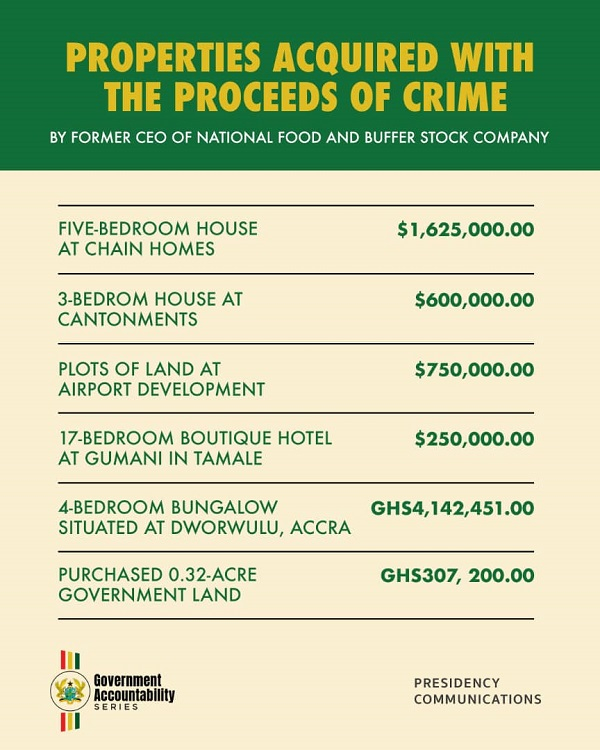Copyright bizwatchnigeria

Nigeria’s private sector has recorded its strongest performance in six months, as improving macroeconomic conditions continue to bolster business activity and output. According to the Stanbic IBTC Bank Nigeria Purchasing Managers’ Index (PMI) report for October, compiled by S&P Global, business activity and new orders rose at a faster pace compared to September, reflecting renewed growth momentum across key industries. The headline PMI increased to 54.0 in October, up from 53.4 in September, indicating a solid improvement in private sector conditions — the highest reading since April 2025. The report also noted that business activity has now strengthened for 11 consecutive months. The growth was underpinned by strong demand, new product launches, and easing inflationary pressures. Manufacturing led the expansion, while other sectors such as services, agriculture, and wholesale/retail also recorded positive gains. Despite the stronger output, job creation remained modest, though businesses continued to hire additional staff for the fifth consecutive month to manage rising workloads. Purchasing activity and inventory levels also increased as firms prepared for further expansion. The report noted that inflationary pressures eased during the period, with output prices rising at the second-slowest pace in five and a half years. Although input cost inflation rose slightly due to higher purchase and staff costs, it remained significantly lower than 2023 and early 2024 levels. Power outages and delayed client payments created some operational bottlenecks, leading to minor backlogs. However, suppliers’ delivery times improved, indicating better supply chain conditions. In a statement accompanying the report, Muyiwa Oni, Head of Equity Research, West Africa at Stanbic IBTC Bank, said that the PMI data indicates that Nigeria’s economy entered the final quarter of 2025 on a strong footing. “Output and new orders growth picked up, supported by product innovation and moderating price pressures,” Oni said. “We expect inflation to ease further towards 15.8%–16.2% in October and below 15% by year-end as food prices stabilise during the harvest season.” He added that the combination of stable exchange rates, lower inflation, and expectations of potential interest rate cuts would further stimulate real sector activity in the months ahead. “With these factors at play, we project GDP growth at around 4.0% in 2025, led by stronger manufacturing and services performance,” Oni concluded.



